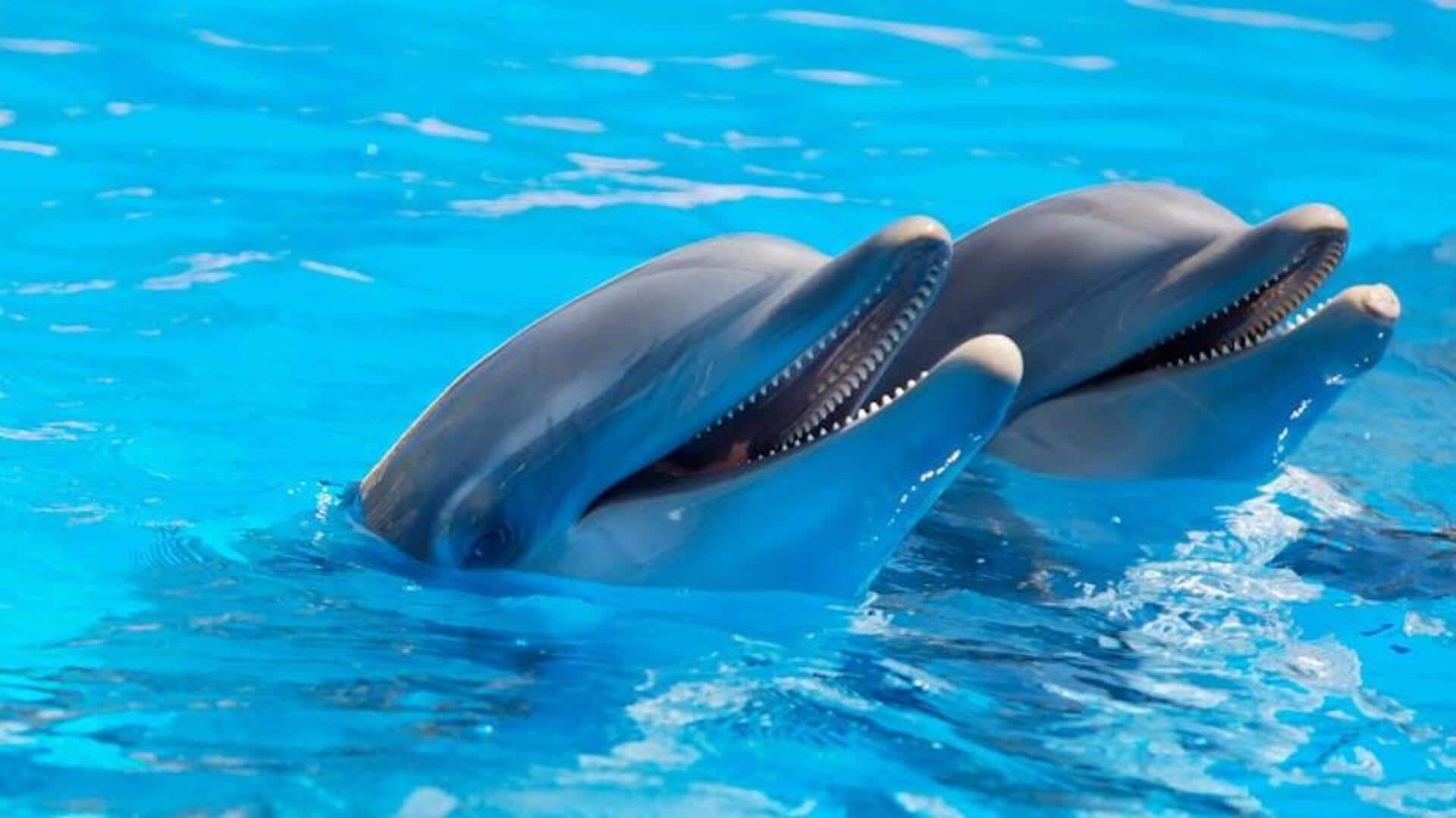Ethical dolphin watching Respectful marine encounters

Ethical Dolphin Watching: A Guide for Tourists
Dolphin watching is a thrilling experience for many nature enthusiasts. It offers a unique opportunity to observe these intelligent creatures in their natural habitat. However, it is crucial to approach this activity with respect and responsibility. Ethical dolphin watching not only enhances your experience but also protects the dolphins and their environment. This article provides essential tips for ensuring that your dolphin-watching adventure is both enjoyable and sustainable.
Choose Responsible Tour Operators
When planning a dolphin-watching trip, selecting the right tour operator is vital. Look for companies that prioritize ethical practices and adhere to local wildlife regulations. Responsible operators implement strict guidelines to minimize stress on the dolphins. They often limit the number of boats in the area and ensure that their tours do not disturb the animals.
Additionally, many ethical operators support conservation initiatives. They educate their guests about the importance of protecting marine life and the ecosystems they inhabit. By choosing a responsible tour operator, you contribute to sustainable tourism. This choice helps ensure that dolphin populations remain healthy and that their habitats are preserved for future generations.
Before booking a tour, do some research. Read reviews and check if the operator has received any certifications for ethical practices. A reputable operator will be transparent about their methods and the measures they take to protect marine life. By making informed choices, you can enjoy a memorable dolphin watching experience while supporting conservation efforts.
Understand Dolphin Behavior
Understanding dolphin behavior is essential for a respectful and enriching dolphin watching experience. Dolphins are highly intelligent and social animals. They exhibit a range of behaviors that can indicate their comfort or distress. Learning about these behaviors can enhance your appreciation for these magnificent creatures.
For instance, dolphins often display playful behavior, such as leaping out of the water or riding the waves created by boats. However, if they seem to be swimming away quickly or diving deep, they may be feeling threatened. Recognizing these signs allows you to adjust your distance and avoid causing them stress.
Moreover, educating yourself about dolphin communication can deepen your connection with these animals. Dolphins use a variety of sounds and body language to interact with each other. By observing these interactions, you can gain insights into their social structures and relationships. This knowledge not only enriches your experience but also fosters a sense of responsibility to protect these incredible creatures and their habitats.
Keep a Respectful Distance
Maintaining a safe distance from dolphins is crucial for their well-being. Most guidelines recommend staying at least 50 meters away from these marine animals. This buffer zone helps ensure that you do not disturb their natural behaviors or cause them stress.
By keeping a respectful distance, you can still enjoy observing dolphins in their natural environment. This approach allows you to witness their playful antics without intruding on their space. It also helps protect their habitats from potential harm caused by human interaction.
In addition to maintaining distance, be mindful of your noise levels. Loud sounds can startle dolphins and disrupt their activities. Speak softly and avoid sudden movements that could alarm them. By being considerate, you contribute to a positive experience for both yourself and the dolphins.
Following these guidelines not only enhances your encounter but also promotes responsible wildlife tourism. Respecting the boundaries of these animals ensures that future generations can enjoy the beauty of dolphin watching as well.
Follow Guidelines and Regulations
Adhering to local guidelines and regulations is essential for ethical dolphin watching. These rules are designed to protect dolphins and their habitats from harm caused by human activities. By following these guidelines, you contribute to sustainable tourism and help preserve marine ecosystems.
Each region may have specific regulations regarding dolphin watching. These can include restrictions on boat speeds, the number of boats allowed in an area, and the distance boats must maintain from dolphins. Familiarize yourself with these rules before embarking on your trip.
Your commitment to following these guidelines plays a significant role in ensuring the survival of dolphin populations. It also helps maintain the health of their habitats, allowing future generations to enjoy the same experiences. By being a responsible tourist, you can help protect these amazing creatures and their environment.
Allen Marine Tours Repower A Pair Of Eco Tour Vessels With Scania Quad V8 Engines
Educate Yourself and Others
Educating yourself about marine conservation is a vital part of ethical dolphin watching. Understanding the ecological importance of dolphins enhances your appreciation for these animals. It also empowers you to share this knowledge with others, promoting responsible behavior in wildlife tourism.
Dolphins play a crucial role in maintaining the health of marine ecosystems. They help regulate fish populations and contribute to the overall balance of ocean life. By learning about their significance, you can enjoy your dolphin watching experience even more.
Sharing your knowledge with friends and family raises awareness about the importance of ethical wildlife tourism. Encourage them to choose responsible tour operators and follow guidelines when observing marine life. Together, you can help protect these incredible animals for future generations.
In conclusion, ethical dolphin watching is about more than just observing these magnificent creatures. It involves making informed choices, understanding their behavior, and respecting their environment. By following these guidelines, you can ensure a positive experience for both yourself and the dolphins, contributing to the preservation of marine life for years to come.
